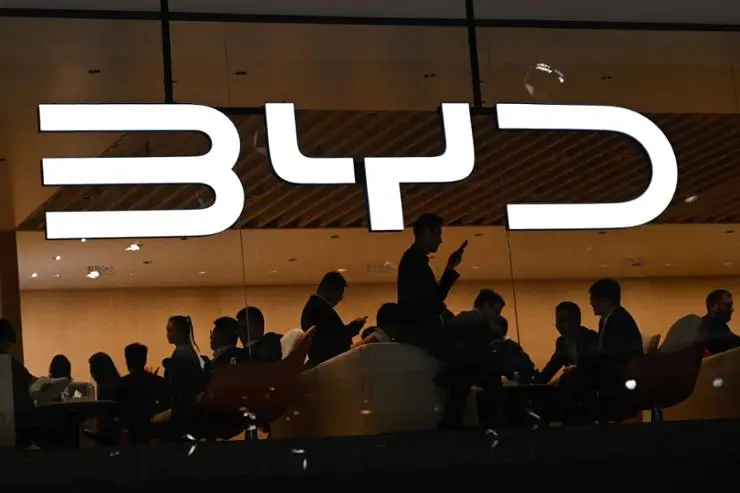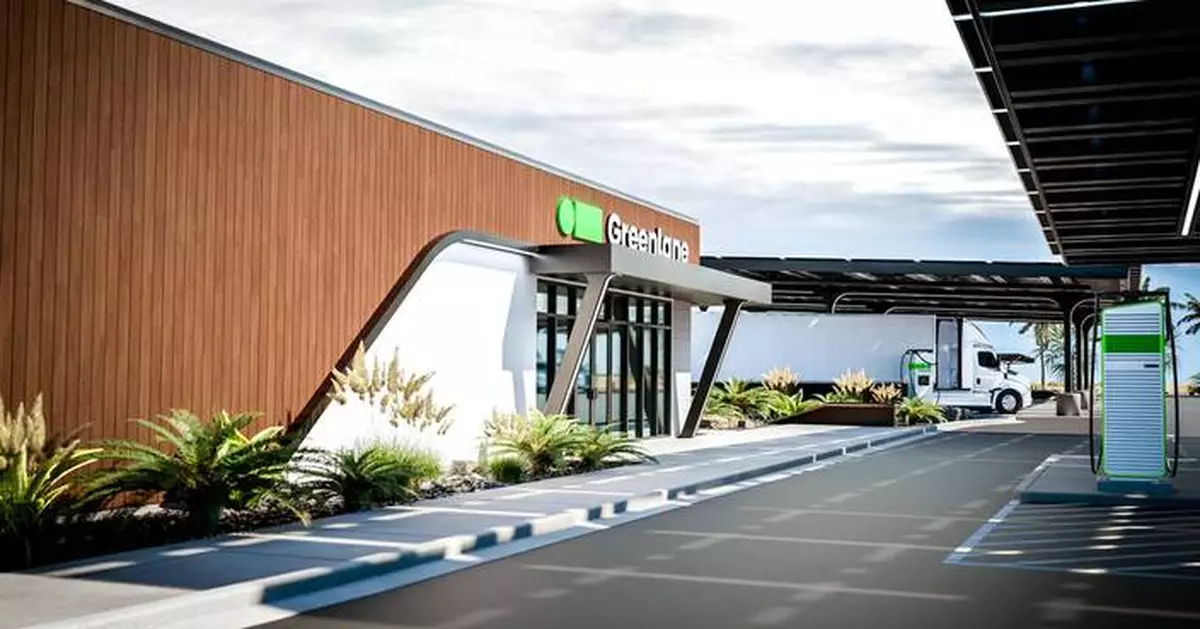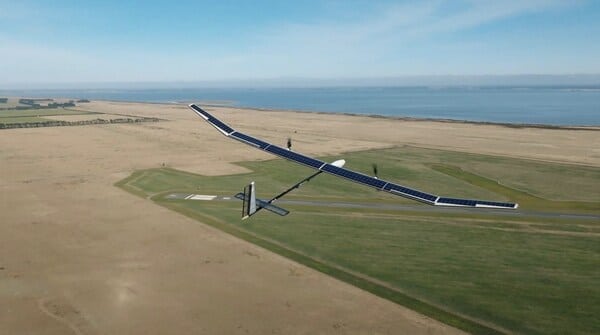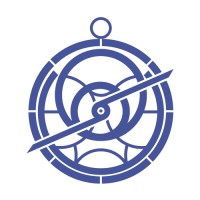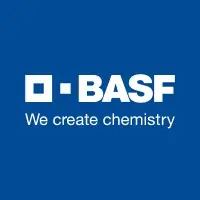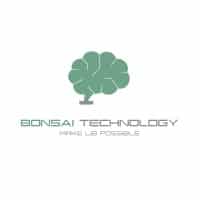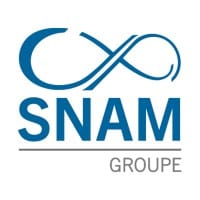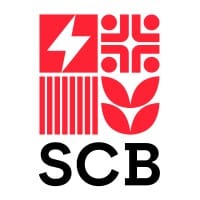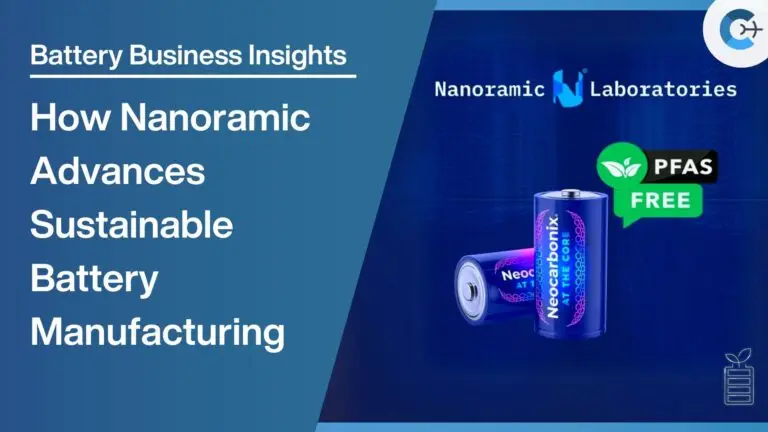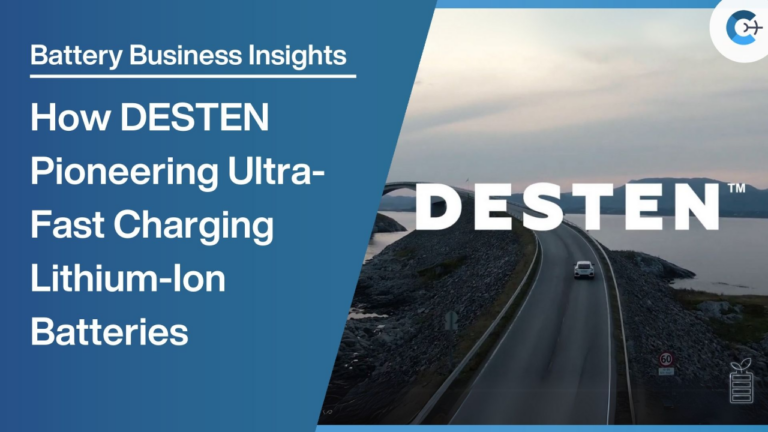Hyundai Motor, Kia and POSCO are seeking government assistance to counter increasing pressure from their Chinese counterparts. Experts warns that more cost-competitive electric vehicles (EVs) and steel products from China are set to enter the Korean market aggressively, presenting significant challenges to domestic industries.
Electric vehicles and steel production are identified as the two sectors most vulnerable to intensified competition between the United States and China. With potential shifts in global trade dynamics, local automakers and steelmakers are urged to collaborate with the government to mitigate any adverse effects.
Trump continues reiterating his threat to impose a tariff of up to 60 percent on goods imported from China to the United States. China, for its part, will make up for its potential trade loss in the U.S. by expanding exports to Korea and other Southeast Asian markets, according to market watchers.
Market observers note that China may expand its exports to Korea and other Southeast Asian markets to offset potential trade losses elsewhere. BYD, the world’s largest EV manufacturer, is preparing to launch sales of its electric sedans and SUVs in Korea. This marks the company’s first venture into selling passenger cars in the Korean market.
Korean automakers closely monitor BYD’s entry, especially following Tesla’s rapid sales growth in recent years. According to market research firm SNE Research, BYD surpassed Tesla in global EV sales during the first nine months of this year, earning the title of the world’s top-selling EV maker.
As Tesla also made steep sales growth in only a couple of years, Korean carmakers are on high alert over BYD’s inroads here. According to market tracker SNE Research, BYD surpassed Tesla in the number of combined EV sales for the first nine months combined this year, winning the title of the world’s top-selling EV maker.
BYD’s competitive edge lies in its pricing strategy, bolstered by in-house production of lithium iron phosphate (LFP) batteries. Experts emphasize the need for stronger collaboration between domestic car manufacturers and the government.
Experts underscored the importance of strengthening the partnership between local carmakers and the government.
“Even if the government is on track to stop offering subsidies for EVs equipped with LFP batteries due to their environmental impacts, this is not enough to retrain rapid inroads of Chinese EVs,” Kim Pil-soo, an automotive technology professor at Daelim University College, said.
This is because BYD’s cheap lineups, set to be sold in Korea, still hold a competitive edge in prices against their rivals in the similar segment, according to Kim.
“There is no clear breakthrough for the time being, so the government and consumer organizations should team up with domestic carmakers to prevent Chinese EVs from engulfing the local market,” he said.
Kim suggests that government and consumer organizations should unite with domestic automakers to prevent Chinese EVs from overwhelming the local market.“There is no clear breakthrough for the time being, so the government and consumer organizations should team up with domestic carmakers to prevent Chinese EVs from engulfing the local market,” he said.
The situation is particularly challenging for steelmakers like POSCO. The company reported an operating profit of 438 billion won ($313 million) in the third quarter, a 39.8 percent decrease from the previous year, partly due to an oversupply from Chinese producers in the global steel industry. To address declining profitability, POSCO recently shut down one of its facilities in Korea.
“Chinese steelmakers will focus on expanding exports not just to Korea, but other Asian markets to reduce the Trump risk,” Kim Moon-tae, head of an industry policy division at the Korea Chamber of Commerce and Industry, said.
“The government is advised to help local players diversify their export channels so they can reduce shocks in the Trump era.”
Source: The Korea Times

